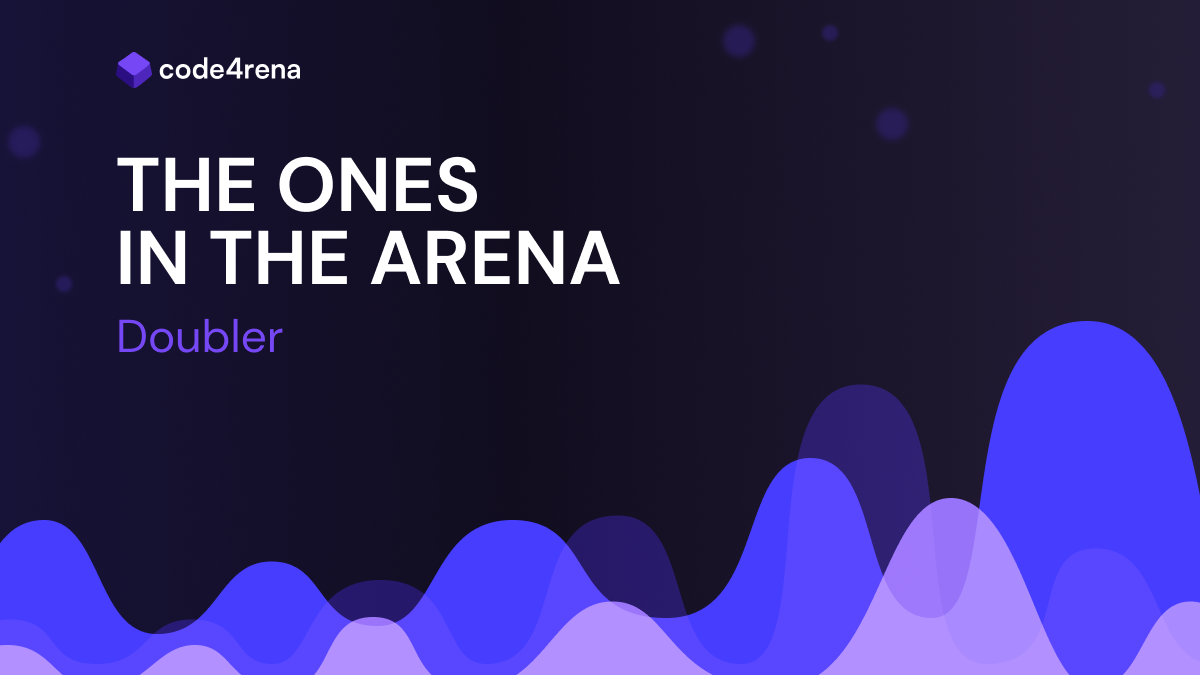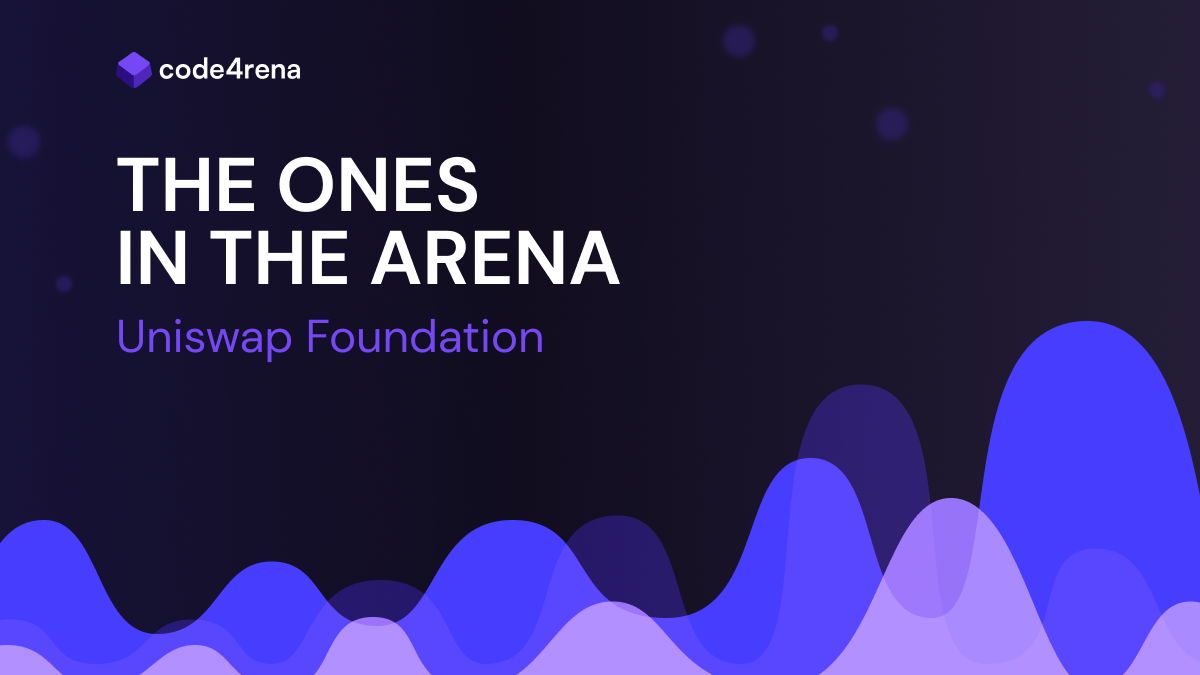“The composability of DeFi astounds me. You see entirely novel applications being built on top of one another, which is completely accelerating the rate of innovation. Of course, this makes security even more important…if there is a failure on a lower layer it will have a cascading effect.” — Ganesh Swami, CEO / Co-founder of Covalent
If you’ve read anything about the history of Amazon, you don’t need convincing that the quality of an API can make or break adoption of a service.
Covalent is betting that the same is true for blockchain — and is setting itself a lofty goal: to provide the richest and most robust data infrastructure for the entire blockchain ecosystem. Its enthusiastic community of developers (or as Covalent refers to them, “Alchemists”) suggests they may be on track to do just that.
We asked Covalent’s CEO and Co-founder Ganesh Swami to tell us more about his vision for the future of web3, how Covalent is tackling progressive decentralization, and his thoughts on security.
What are you building, and what sets it apart from similar offerings in the space?
Covalent is the interface for accessing the data of web3 and will be the critical data middleware piece of the industry.
Covalent pulls data from nodes across the leading blockchains into a postGres database, indexing such making the data easily accessible to the developer, the analyst, and everyone in between via the API.
What sets Covalent apart is that the API, which is queryable from the cloud, is purposely built to make it easy to use given that we have taken a no-code solution. We are able to facilitate such a seamless user experience because of the data integration approach we apply; Extract, Load and Transform. And as we have indexed multiple blockchains, we enable multichain capabilities and support.
What’s your vision for your project? What are you building towards in the longer view?
Our vision is to empower the pioneers of tomorrow by providing the richest and most robust data infrastructure for the entire blockchain ecosystem. As I mentioned, we pull blockchain into a Postgres database. This is a centralized solution. We are however shifting to a decentralized model, essentially making this database a global commodity that will be used and maintained by the community.
This is no easy feat, however. Given that we have significant traction and a number of protocols using the Covalent API, we are starting this process of decentralization with the supply side of the network; blockchains and their respective data. The demand side being analysts, devs and everyone in between who are using the API.
What’s the most innovative idea in your protocol?
While this may seem simple, the Covalent API. What makes it so innovative is that you can query different blockchains with the same API. You only have to change a single parameter; chainID.
It takes courage to undergo a public audit by a swarm of anonymous security researchers. It also says a lot about how much you prioritize security. What advice would you give to those on the fence?
Enterprise audits do not necessarily guarantee quality and unfortunately, are a walled garden at the moment. There is, however, a swarm of talented security researchers that can provide just as good audits, if not better. Code4rena’s incentivised structure guarantees such.
Security has become an increasingly vital topic in DeFi. How do you think the ecosystem needs to evolve in order to rise to the challenge?
I certainly believe there needs to be more transparency in the process behind audits. And with that, standards should be introduced. Open, incentivised structures, like Code4arena, are a step in the right direction.
To many, this structure may seem unorthodox. A year from now, it won’t be.
What gets you most excited about DeFi?
The composability of DeFi astounds me. You see entirely novel applications being built on top of one another which is completely accelerating the rate of innovation. Of course, this makes security even more important given that if there is a failure on a lower layer it will have a cascading effect.
Other elements of DeFi that excite me are governance and coordination. Whether you’re seeing a community member pitch a new feature for a project or even a project leaving fundraising decisions up to the community, the space never fails to excite.
Complete the following sentence: “I wish more DeFi projects would…”
…not rush to launch their token. Focus on your product, nurture it, and develop your community around the product / vision.
What DeFi project name do you wish you’d thought of first?
Sushi. It’s simple and playful. And if you don’t like sushi, check yourself.
What do you geek out about, beyond DeFi?
Although they may not be the sexiest elements in the space, regulation and CBDCs. Both will play a massive role in adoption.
Is there anything else you want to make sure we include?
If anyone wishes to check out our API, please visit covalenthq.com/docs.
And if you want to learn more about the Covalent Network, we are currently running the pilot for our learn-to-earn campaign titled “Stake in the City.”
Learn more about Covalent:
- Website: covalenthq.com
- Docs: covalenthq.com/docs
- Medium: Covalent
- Twitter: @Covalent_HQ
- Telegram: covalenthq.com/telegram
- Discord: covalenthq.com/discord
Covalent’s $30K security audit contest opens October 19, 2021, and runs for 72 hours. Details at code4rena.com.
The Ones in the Arena spotlights emerging and established DeFi projects and their founders, with an eye to celebrating and learning from them. The series’ name is inspired in part by Teddy Roosevelt’s famous quote, which has a central place in Code4rena’s philosophy.






